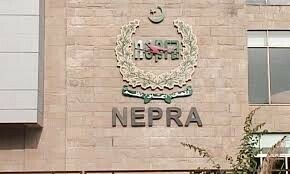SAHIWAL: The bureaucracy backed by traditional red-tape has been good at concealing information from the public for decades but the time has come for them to share information with those seeking it.
District Coordination Officer (DCO) Dr Sajid Mahmood Chohan said this at an interactive public forum on ‘Punjab Transparency and Right to Information Act of 2013’.
The forum was organised by the Centre for Peace Development Initiative (CPDI) and the Punjab Lok Sujag (PLS) at a hotel.
He said the Right to Information regime would boost confidence and trust between public officials and members of public, and would improve the government structure at all tiers.
Saleem Malik, CPDI resource person, informed Dawn the Right to Information Forum was aimed at sensitising district public officials like executive district officers and district and deputy district officers about the law and its requirements for the public.
During the discussion, several district officials seemed reluctant to accept the basic preamble of the law. One of the officials said why a public official or a public body should provide information to a citizen who was not a party concerned in the matter. Another objection by the participants was that information could be misused.
Officers raised eye-brows over the concept that the Right to Information regime was right of citizens. They said it was ironic if one public official or public body felt that the information being shared with an applicant could be misused, they should be empowered to hold it but the law provided that information could not be concealed.
Mr Saleem said bureaucrats felt insecure while sharing certified information with the public. He said such mindset stemmed from the colonial style of government as concealing information differentiated between “rulers” and “ruled” but now those who were “rulers” must also be the citizens of the same state.
PLS representative Alweera Rashid urged the participants to shed colonial era mindset.
The participant learned that law’s preamble recognised that citizens could hold government accountable through using the law “because under the Constitution, the provision of information is sanctioned under fundamental right category”.
The forum was also attended by citizens representatives. One of the participants, Zafar Ghumman said if citizens developed concern over governance structure, no one would be able to misuse information. Khawar Farid, another participant, recommended that the law be used to expose “corrupt” practices in district governments.
Published in Dawn, October 2nd , 2014













































